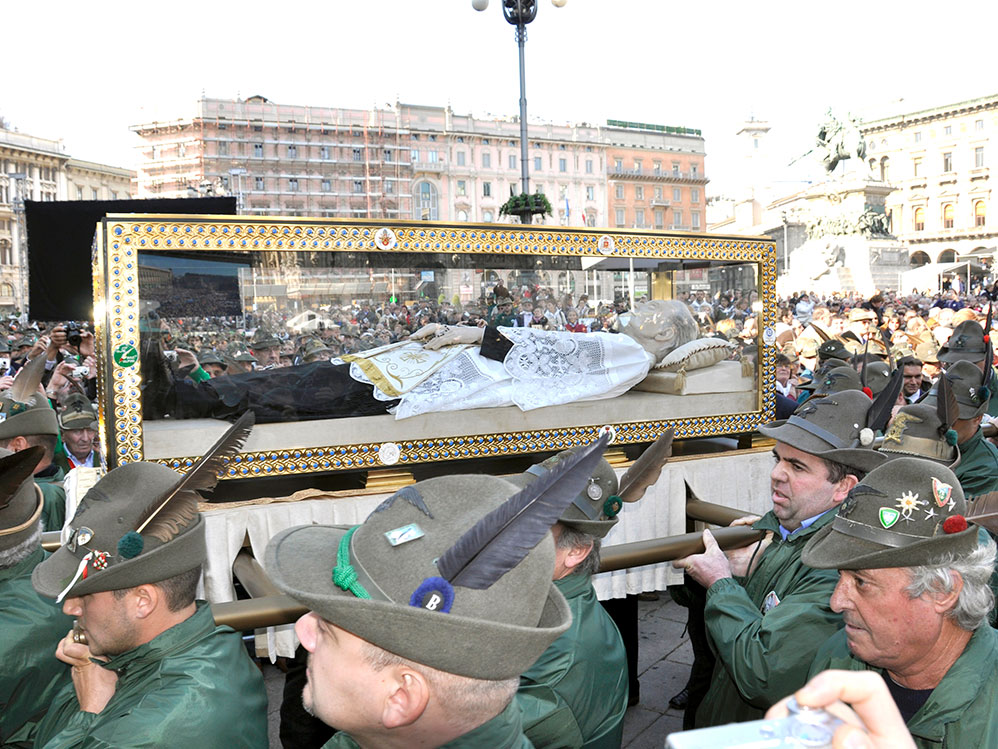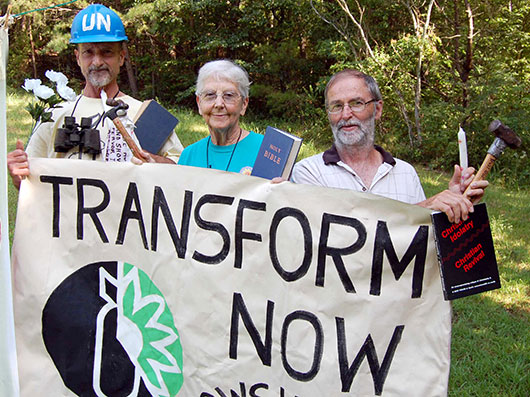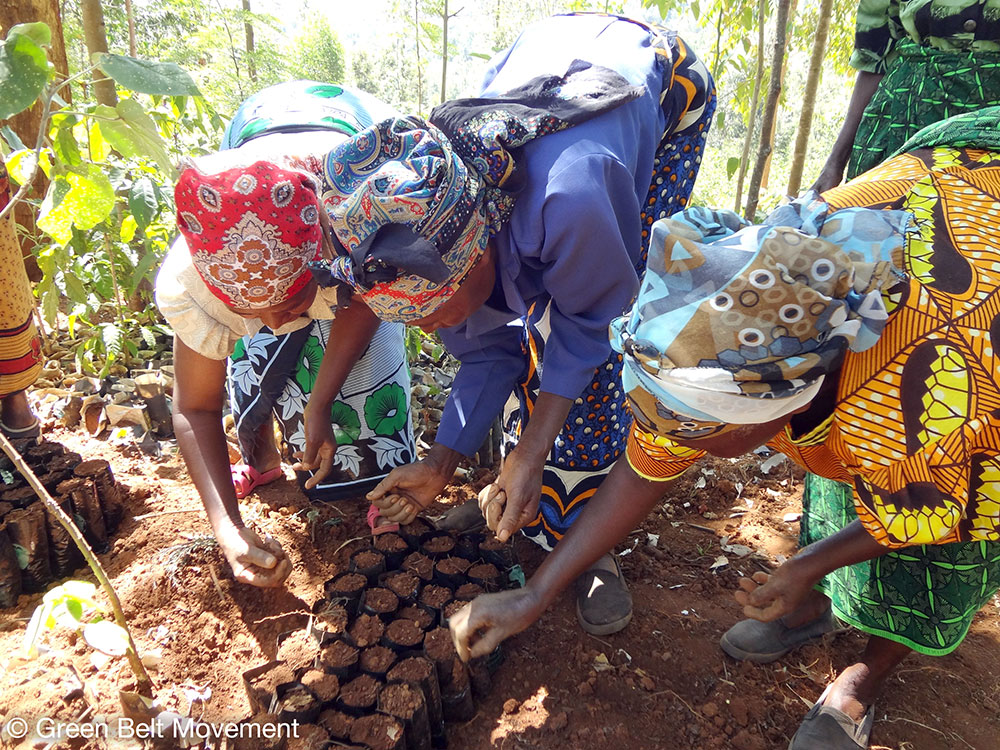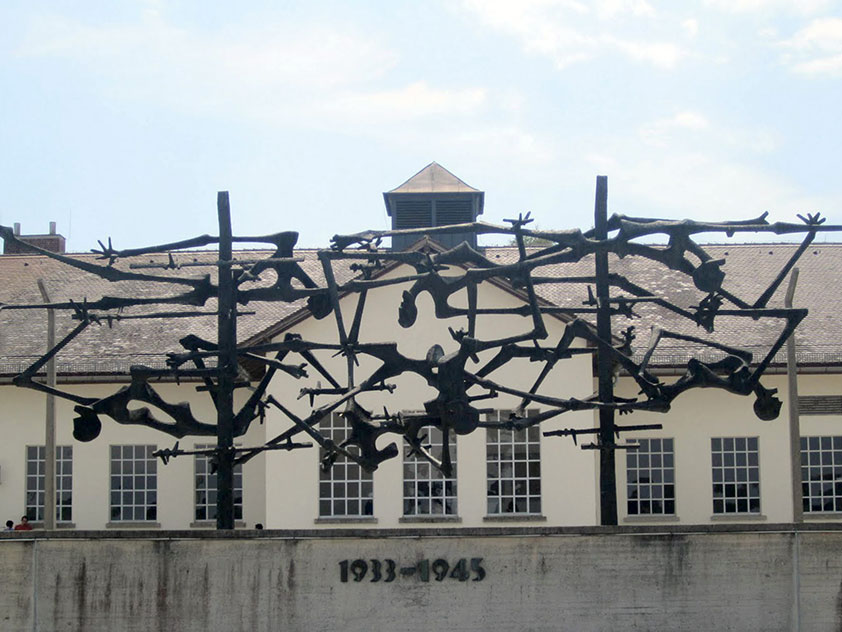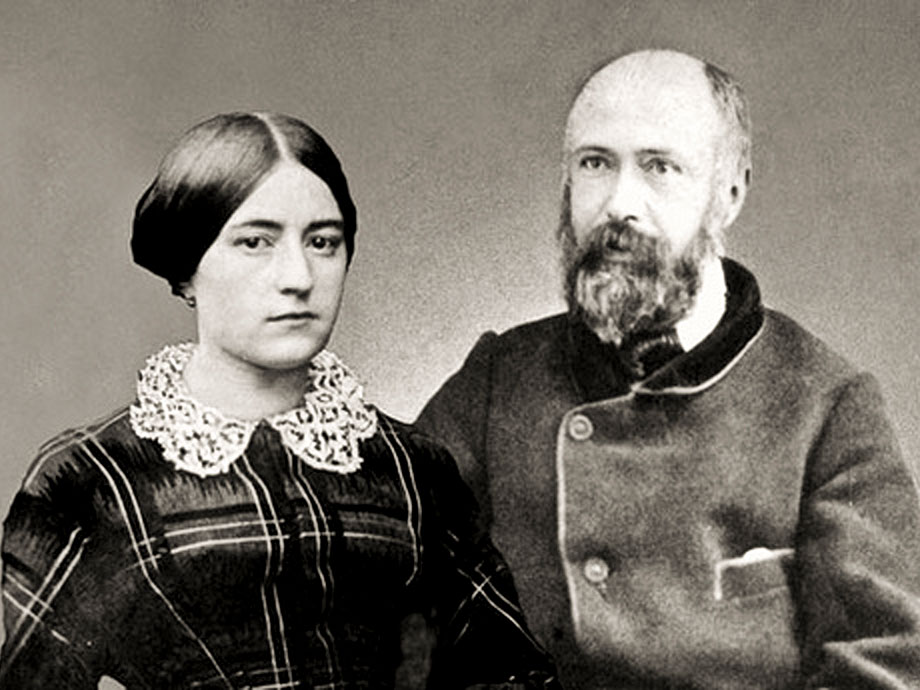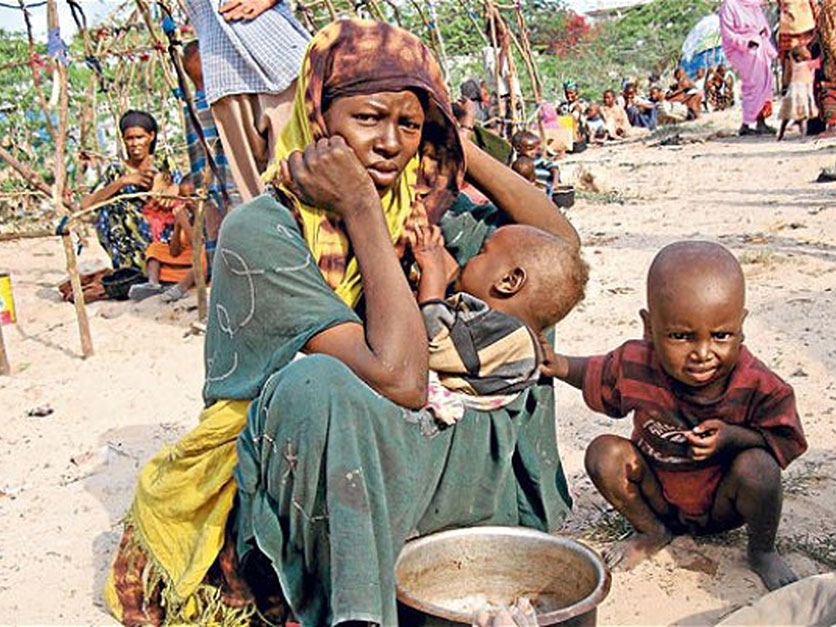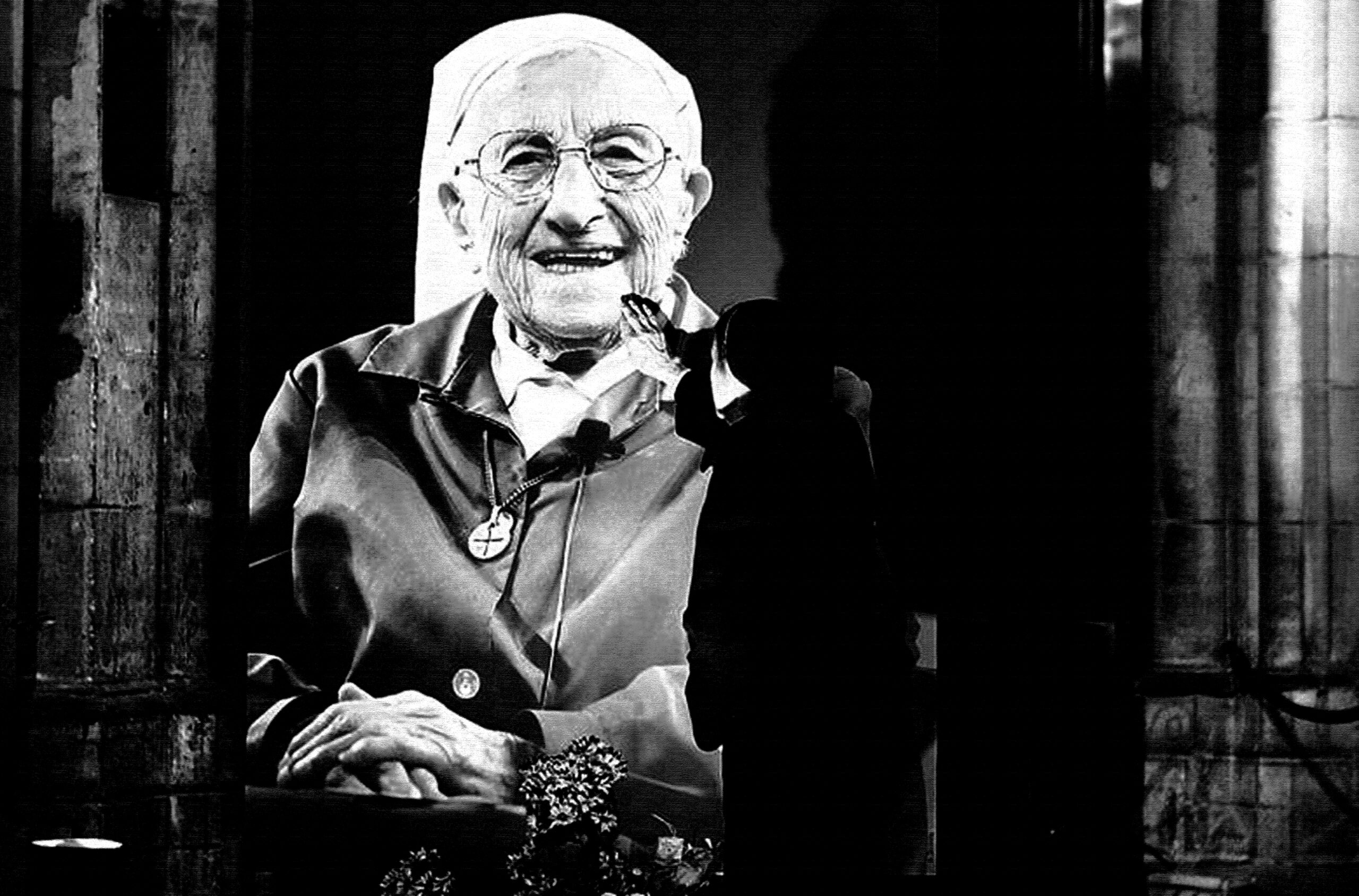Zilda Arns, Nobel Peace Prize nominee and founder of the International Pastoral da Criança (Child Pastoral), was killed on Tuesday, January 12, in the 7.0-magnitude earthquake that struck Haiti. She was at Port-au-Prince studying the implementation of her program in that island. Only moments before her death, she had spoken to the Assembly of the Religious in these terms: “I want to manifest my great joy to be here with you all, at Port-au-Prince, Haiti, in order to take part in the Assembly of the Religious. As sister of two Franciscans and three Religious Sisters, I feel most happy among you…”
And, after explaining with enthusiasm about her healing mission, she had concluded: “The results of our voluntary work, with the mystique of the love of God and neighbor, are in harmony with Mother Earth and all our sister creatures, flowers and fruits, rivers, lakes, seas, woods and animals. All this shows us that the organized society can be protagonist of its own transformation. In this spirit, strengthening the ties that unite our community, we can find solutions to the grave social problems that affect our poor families. Like the sparrows that care for their small ones by building a nest high on trees or on the mountains, far from predators and closer to God, we must care for our children like a sacred treasure, promote the respect of their rights and protect them.”
Education rather than charity
One of 13 children, Zilda Arns was born to devout German-speaking parents in rural southern Brazil on August 25, 1934. Two of her earliest memories were of seeing her father go door-to-door on his horse to help contain a smallpox epidemic and watching her mother arrange for a sick neighbor to be taken to the nearest hospital on the back of a cart, a journey of three hours. It was in her childhood that Zilda Arns had the inspiration for her future: “My mom studied homemade medicine in German books. She saw people and knew who needed to go to the hospital and who could be treated at home.” Another characteristic of the family was discipline. “We had to wake up very early to milk the cow,” she said. According to her, this discipline was providential: “I have no difficulties starting very early and facing 15 hours of work.” In Zilda Arns’s days, there was always work to be done.
Those selfless acts inspired her to contemplate life as a doctor, even though most of her siblings became priests or teachers. Having studied Medicine, she graduated from university in 1959, working in local hospitals tending to infants; she was then given charge of a string of clinics in the impoverished outskirts of the southern city of Curitiba. Zilda Arns quickly saw that many common ailments were preventable, and began teaching mothers basic pre- and post-natal care, as well as useful tasks such as sewing and cooking. It turned out to be the perfect preparation for work that would make her famous.
Arns’s determination to help the less fortunate was reinforced by personal tragedy. She lost her first child just days after giving birth. Her husband, Aloisio Neumann, drowned while rescuing a girl from rough seas in 1978. One of her five other children died in a car accident in 2003. A devout Catholic, she championed education, rather than charity, as the best way of tackling deprivation and frequently toured the country to meet with young mothers. Her work took her from the urban favelas (shantytowns) of southern Brazil to the remote indigenous and riverside communities of the Amazon rain forest.
Zilda Arns was known as a pragmatic leader who made a point of working with those on the frontline of childcare, whoever they were. “In areas of prostitution, the prostitutes are the ones closest to the children,” she told a Brazilian newspaper in a recent interview. “In areas controlled by drug traffickers, I sometimes meet with leaders who are not from the world of drug trafficking. On other occasions, I meet with those who are.”
Saving millions of babies
The idea of the Child Pastoral came from the United Nations in 1982. The UN suggested to the archbishop of São Paulo, Msgr. Paulo Evaristo Arns, a plan to reduce infant mortality in Brazil. The Archbishop saw it was a good idea but he knew he did not have time for such a program. However, he did have a hard-working, dedicated sister who was a doctor and a widow. And so, with five kids of her own, Mrs. Arns took on the challenge. It is enough to say that in her first foray into infant mortality reduction, in a small city in the state of Paraná, she lowered the rate from 127 deaths per 1,000 births to 28.
Ms. Arns had a basic principle: simple solutions for complicated problems, because she did not deal with sophisticated people, but mostly poor, uneducated women and their children. Her serum, water with two parts sugar and one part salt, stopped dehydration, one of the greatest killers of infants. What Zilda did with her simple serum, combined with common sense care for pregnant women, seemed to be close to a miracle.
She took to the role with gusto, expanding her work in the clinics. Much of it was elementary stuff, but it was new to millions of uneducated mothers. Under her guidance, and with the help of trained volunteers, they were taught the importance of vaccinations and nutrition and shown how to spot and prevent potentially deadly ailments such as diarrhea and dehydration.
In one of the most successful and copied moves, the Pastoral distributed millions of plastic measuring spoons to help prepare sugar and salt solutions to combat diarrhea. Another key initiative was the monthly Celebration of Life Day, on which babies are weighed to check that they are growing satisfactorily. All of the work is faith-based. “I felt like God was calling me to take on my life’s mission,” Zilda Arns said. “I knew, if we did it right, we could save millions of lives.” Her decision to rely on the Roman Catholic Church was vital, because Brazilians – and especially the poor – trust people of faith more than they trust people in government.
Today, the Pastoral is one of Brazil’s best-known organizations, and Zilda Arns was one of the nation’s best-known faces. The organization is present in 42,000 Brazilian communities, with 260,000 trained volunteers attending to 1.8 million children under the age of six. In communities where the Pastoral is present, the infant mortality rate is 11 per 1,000 births; in Brazil, overall, it is 22.5. In 2004, she set up the Pastoral for the Elderly, and her leadership of both brought her dozens of awards, including several nominations for a Nobel Peace Prize. Arns also helped the Bishops’ Conference develop a pastoral program for AIDS victims, which currently cares for 100,000 patients, supported by 12,000 volunteers from 579 municipalities in 141 dioceses of 25 Brazilian states.
At the age of 75, Zilda Arns was too fragile to run the Pastoral on a daily basis; but she continued to visit communities across Brazil as well as many of the 20 countries into which it has expanded. She was in Haiti visiting a missionary organization when the earthquake struck.
Antidotes against poverty
On January 16, the funeral procession for Zilda made its way for seven kilometers past large crowds in the city of Curitiba, the capital of the state of Paraná, Brazil, to the seat of the state government, the Palácio das Araucarias, where a special Mass was held in her behalf. She was then buried in the Campo Verde Cemetery. Brazil’s President Luíz Inácio “Lula” da Silva was among those who spoke there about Arns Neumann’s life and accomplishments. Along the way, crowds applauded and extended banners with messages of admiration and love for the woman who did so much for children through the Child Pastoral, not only in Brazil, but in many countries around the world.
The representative of UNICEF in Brazil, Marie-Pierre Poirier, speaking at the funeral of Zilda Arns, declared that the organization will continue to work together with the Child Pastoral “until the last needy child in the world is taken care of.” Poirier added that Zilda Arns was a much-valued member of the UNICEF family. He pointed out that it was UNICEF that had the idea of the Child Pastoral, but the person who turned it into reality was Dr. Arns, with strong organizational skills and leadership.
Zilda Arns was a deeply religious woman. She believed that hope, along with solidarity, is the antidote against poverty. “God did not create injustice, it was created by humanity. So the conclusion is: society needs to solve its inequities.” Following her death in Haiti’s capital, Port-au-Prince, one newspaper from the south of Brazil, where Arns was born, said that the earthquake had “stolen from the children a smile that had guaranteed them life and hope. For every ten words she spoke, one was about children.”
In a note, Cardinal Arns stated: “I received with sorrow the news that my very dear sister has suffered, with the good people of Haiti, the tragic effects of the earthquake. May God in His mercy receive in heaven those who on earth fought for children and the defenseless. This is not the moment to lose hope.”
Haiti is blessed with an extraordinary galaxy of faith-inspired organizations, many with a long history and deep roots. Catholic Relief Services has worked in Haiti for over 55 years, the Salvation Army since 1955. Baptists, Mennonites, Episcopalians, Jewish World Service, Salesians and countless other organizations have years of experience and an infrastructure in Haiti. They run orphanages, clinics, schools, programs for youth, and support for the aged. They work in slums and in villages, highlands and lowlands. In short, they are everywhere and they have a vast pool of knowledge, relationships, and experience.
In the weeks ahead, this galaxy of organizations and the communities that are behind them have the capacity to achieve the kind of miracle that Dr. Arns Neumann showed was possible. It will, however, take her kind of organization, coordination and discipline to translate potential into results. She exemplified skill and openness to partnership and both will be desperately needed in the weeks ahead. But her brand of hope and confidence, that the seemingly impossible is possible, is part of the lifeblood of most faith-inspired organizations. Haiti’s reconstruction offers them a unique opportunity.




